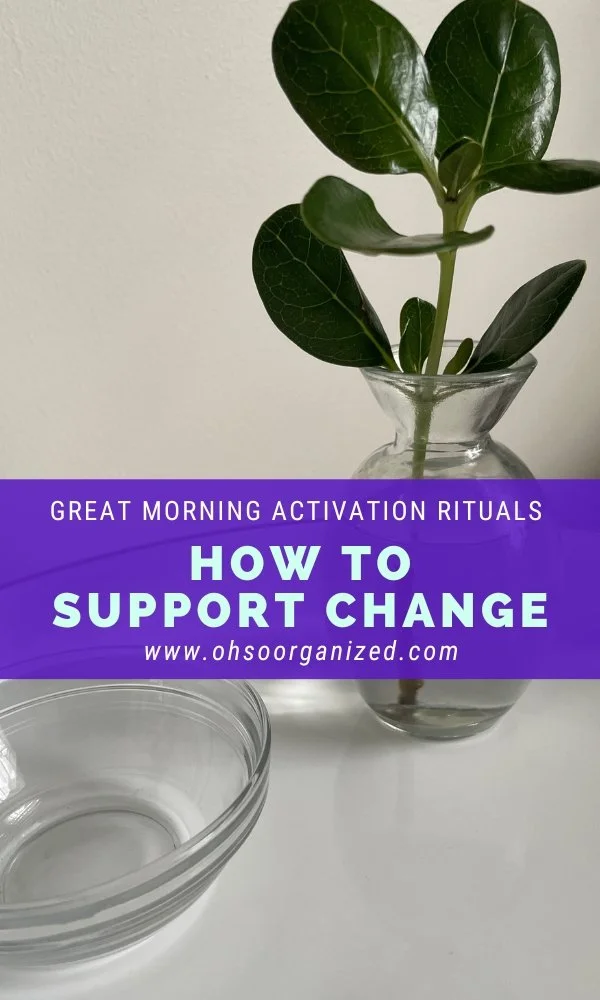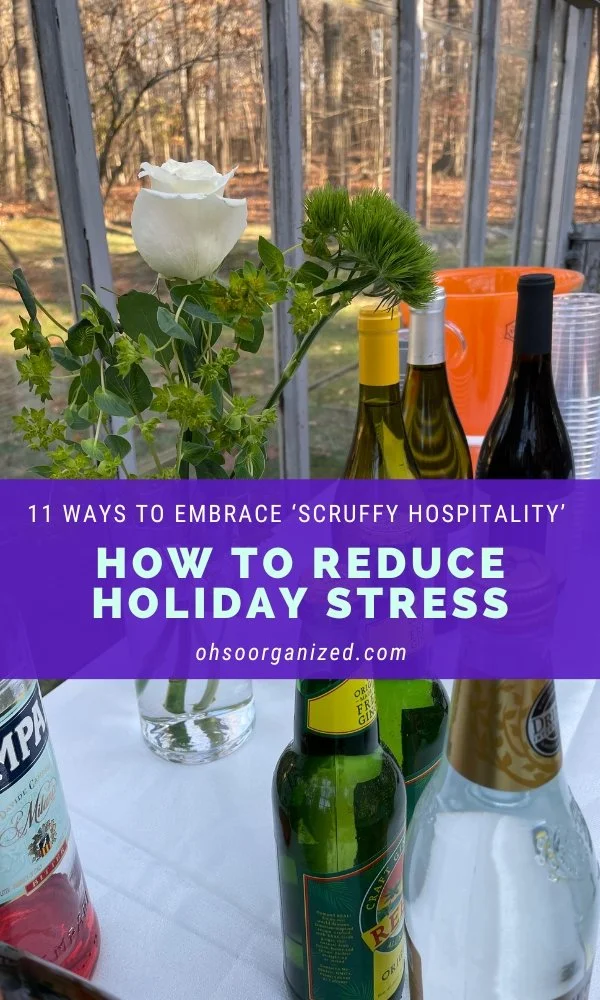Do you create obstacles for yourself before embarking on the next step? These might include a list of self-imposed pre-requirements before you can take the next step or tackle a new project.
Perhaps your goal is spring cleaning and organizing. While that’s a great goal, instead of beginning the process, you set parameters that make it nearly impossible to take the next step.
For instance, you prefer tackling this project in big time blocks rather than shorter, focused sessions. However, your life commitments and energy levels aren’t conducive to organizing three, four, or five hours at a time.
As a result, what happens? Things stagnate because you don’t have large swaths of time to move your project forward. You frontloaded the project with an obstacle that closed your mind to alternative solutions and experimentation.
Does this sound familiar?
What Are Toxic Preconditions?
A few weeks ago, I discovered the term “toxic preconditions” in Oliver Burkeman’s newsletter, The Imperfectionist. He learned this concept from James Horton, a social scientist who questioned why people who want to write more don’t.
Horton observed that some aspiring writers had “misguided beliefs” that might have seemed helpful but undermined their confidence, causing them to write less or not at all.
Burkeman says that what’s behind toxic preconditions is “the strong desire we have for some kind of guarantee – before we embark on a new activity, or even allow ourselves to relax into life – that it’ll all unfold safely and securely, that we’ll retain the feeling of being in control.”
He advocates how freeing it is to let go of that need for a “guarantee.” Burkeman says, “Getting past toxic preconditions is less a matter of being willing to step into the unknown than of realizing that you’re already in the unknown.” He goes on to say, “You never had control; all you had was anxiety.”
“Do you set parameters that make it nearly impossible to take the next step?”
Letting Go of Toxic Preconditions
There are three aspects for releasing toxic preconditions:
1. Observe – Notice when you are putting up obstacles to the extent that you can’t move toward your goal or next step.
2. Accept – Acknowledge there are no guarantees. Instead, move forward with curiosity, openness, and a willingness to experiment.
3. Release – Let go of any preconditions that are toxic. Be willing to take that next step without first doing a, b, c, d, or e. Go forth without all the i’s dotted and t’s crossed.
I want to re-establish my daily walking habit. In the past months, I put up obstacles based on the weather, which I can’t control. I won't walk every day if I’m only willing to walk when it’s warm and sunny. I’ve been telling myself, “It’s too cold.” Or, “It’s too dreary.” If, instead, I adjust the parameters, like the length of a walk, wearing more layers, or walking inside instead of out, I’ll be more likely to reach my daily walking goal.
“Getting past toxic preconditions is less a matter of being willing to step into the unknown than of realizing that you’re already in the unknown.”
What’s On the Other Side of Toxicity?
Let’s face it. Life has challenges. However, how often do you create obstacles and make things more complicated than necessary? If you tend to hinder your progress, I encourage you to explore new options. Release those toxic preconditions that aren’t serving you. Experience more movement, flow, and success.
Have you encountered toxic preconditions in others or yourself? I’d love to hear your thoughts. I invite you to join the conversation.
How Can I Help?
Do you want support organizing, editing, planning, or working on that next step? I’d love to help! Virtual organizing is an extraordinary path forward – local feel with a global reach.
Please schedule a Discovery Call, email me at linda@ohsorganized.com, or call 914-271-5673. Figuring out next is possible, especially with support.












